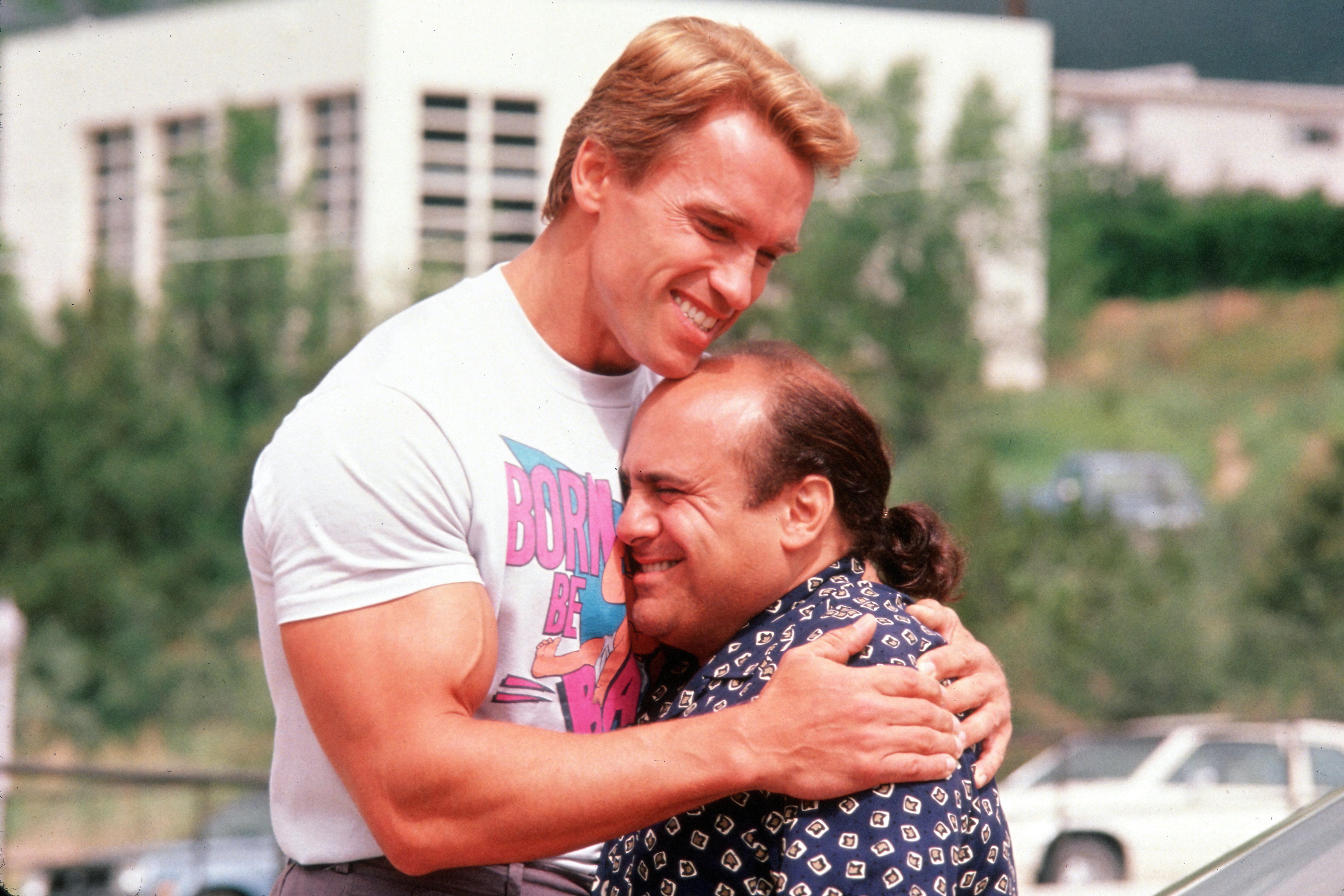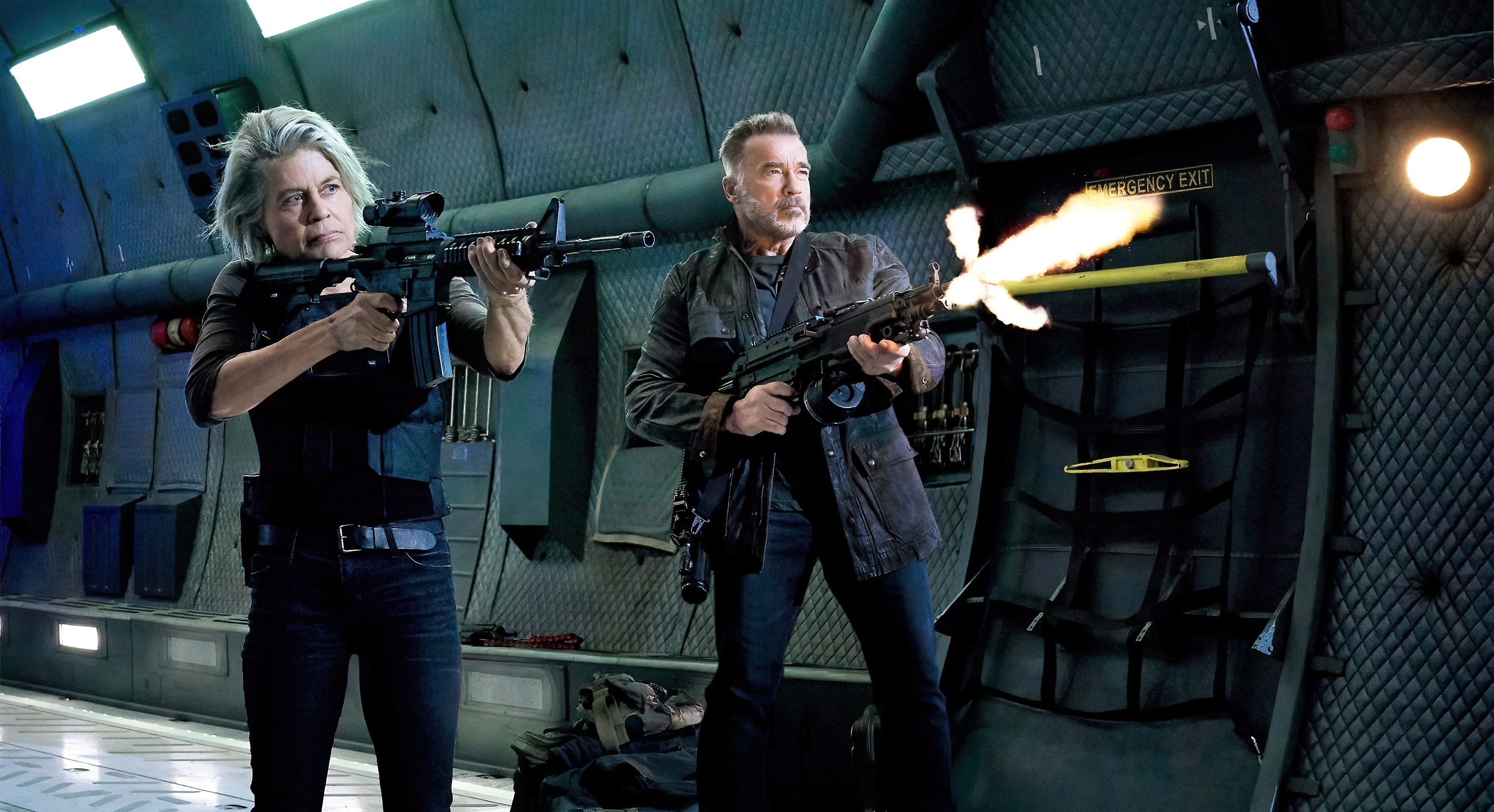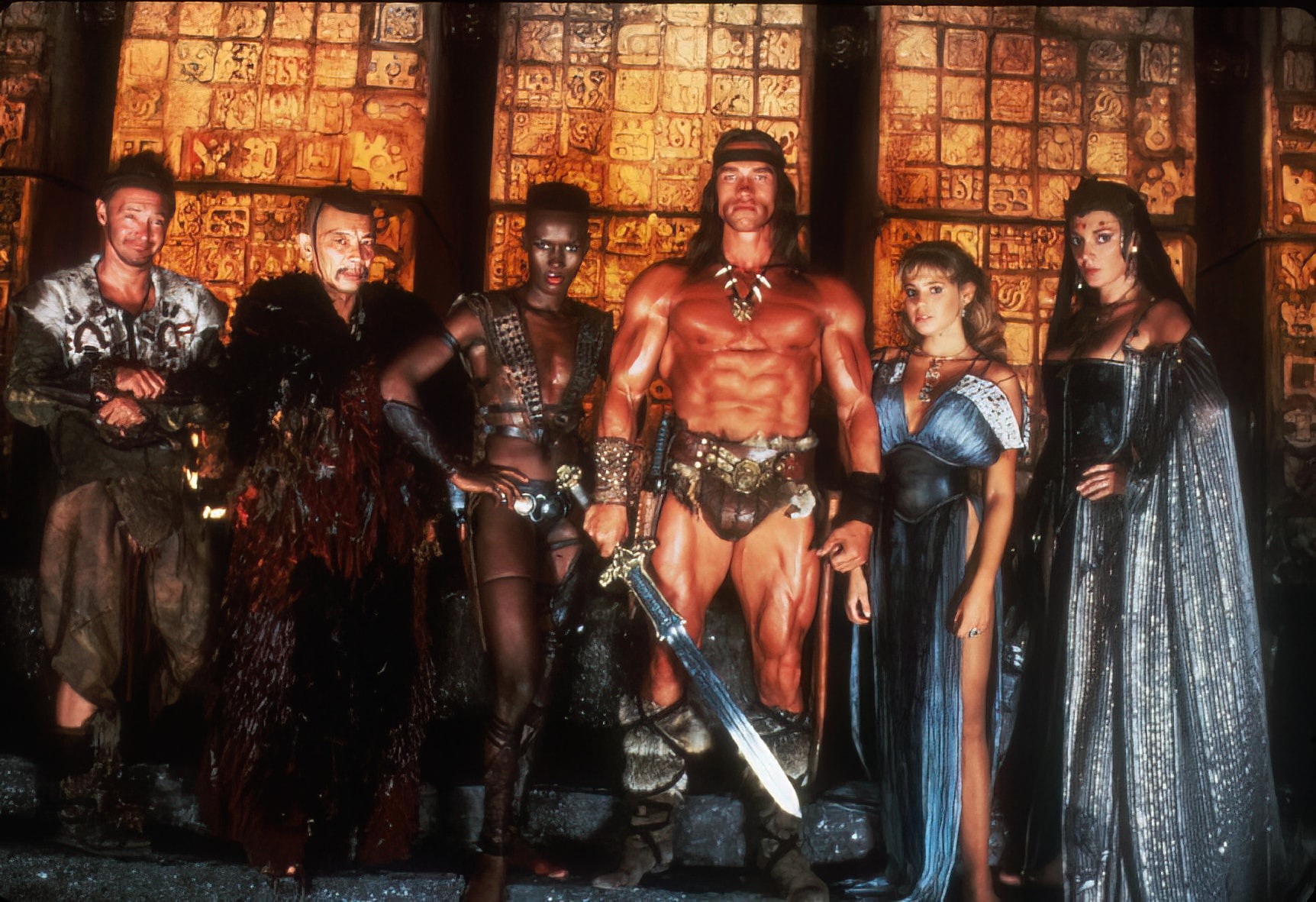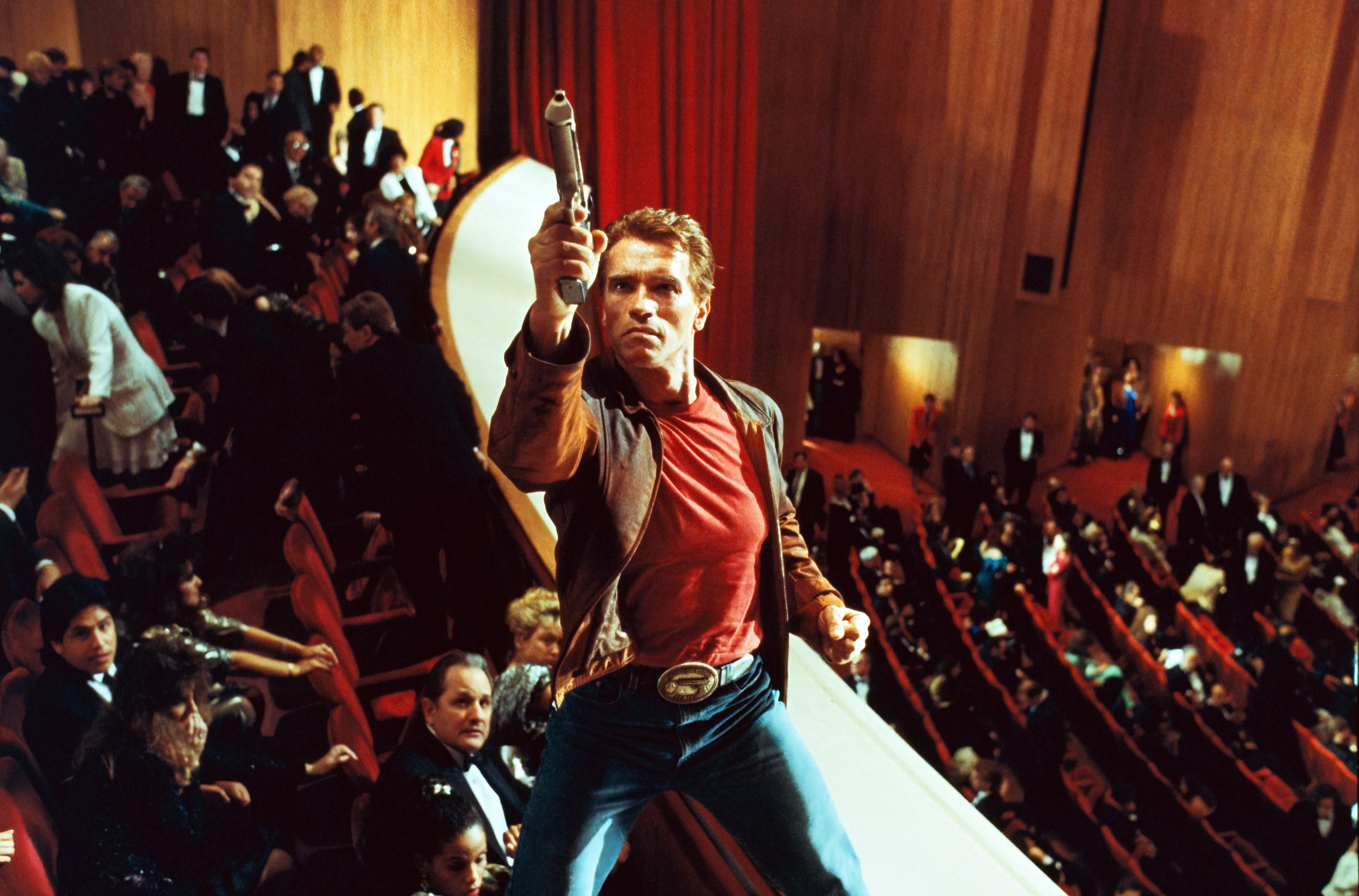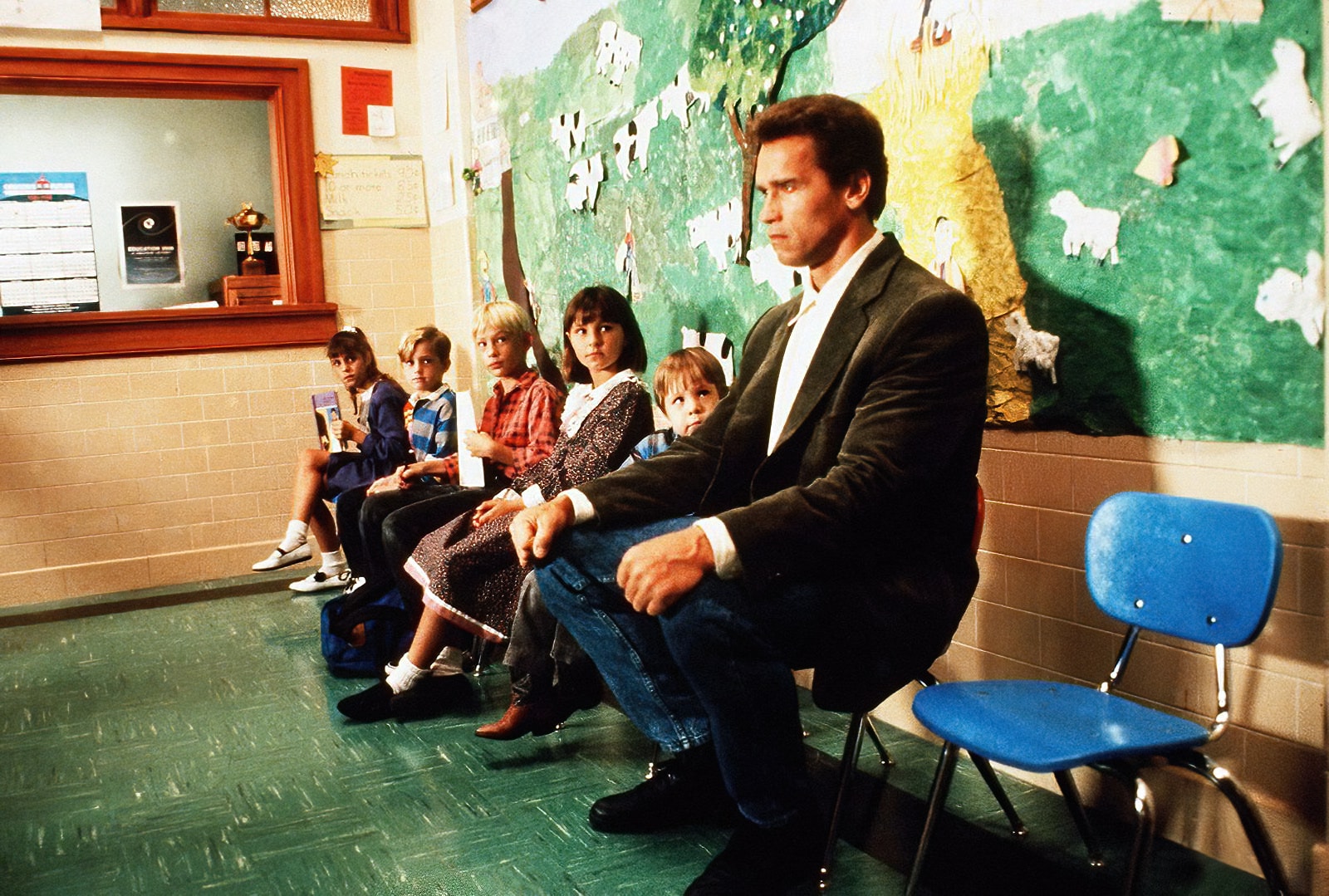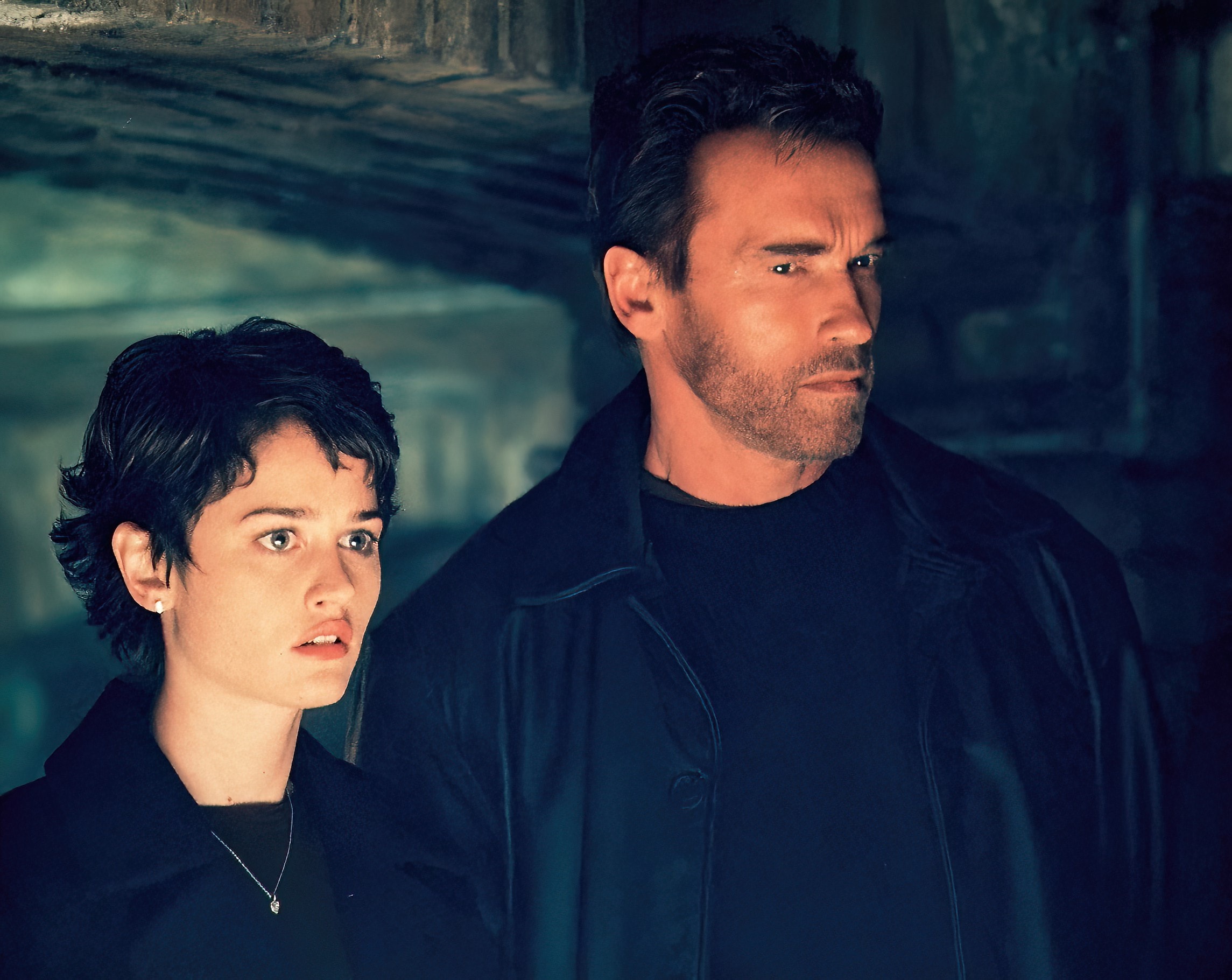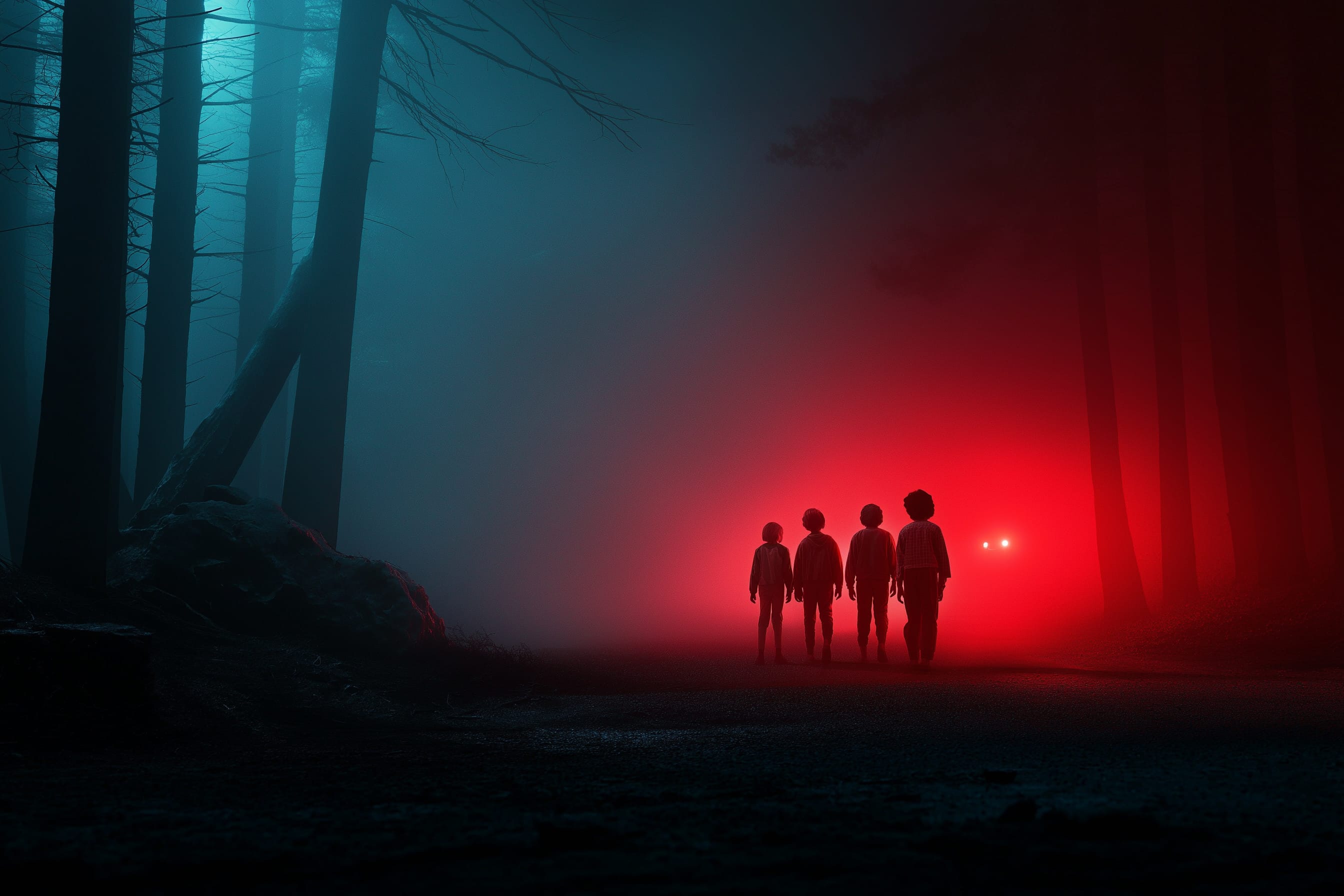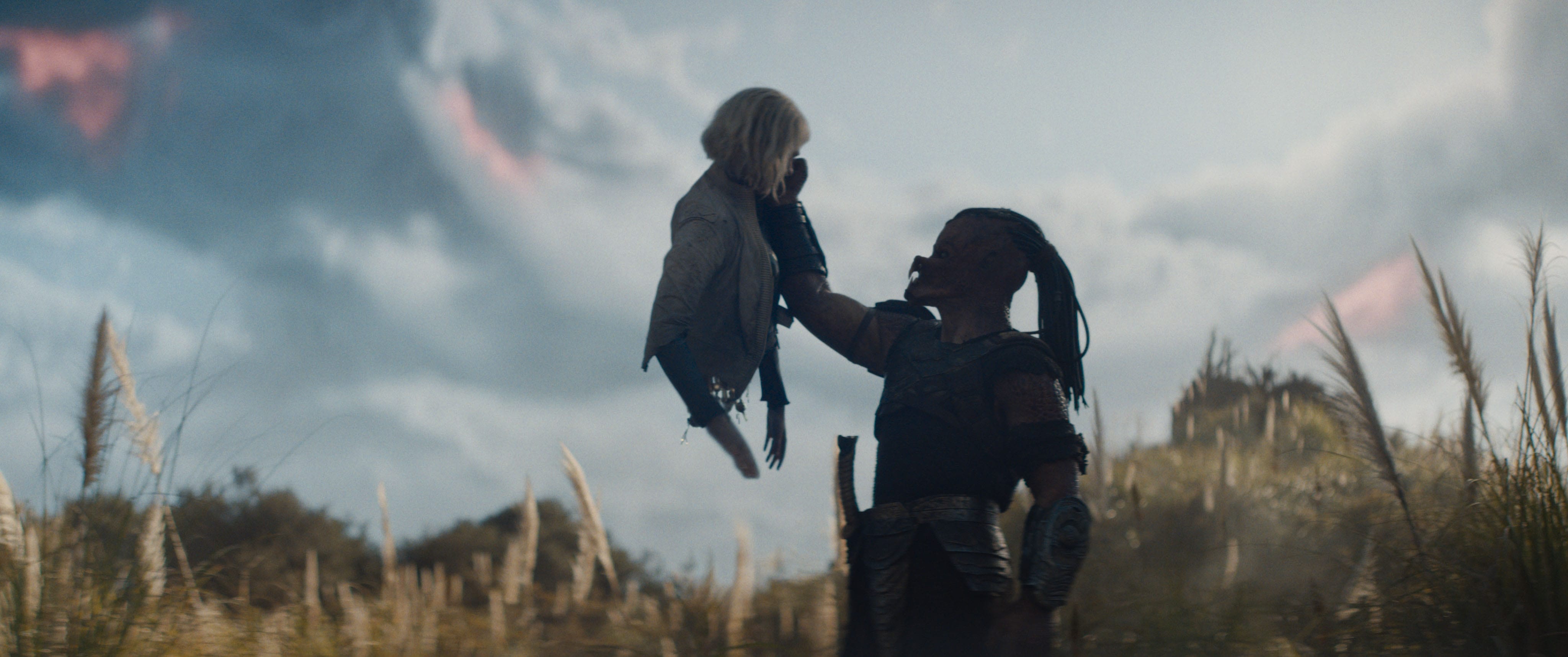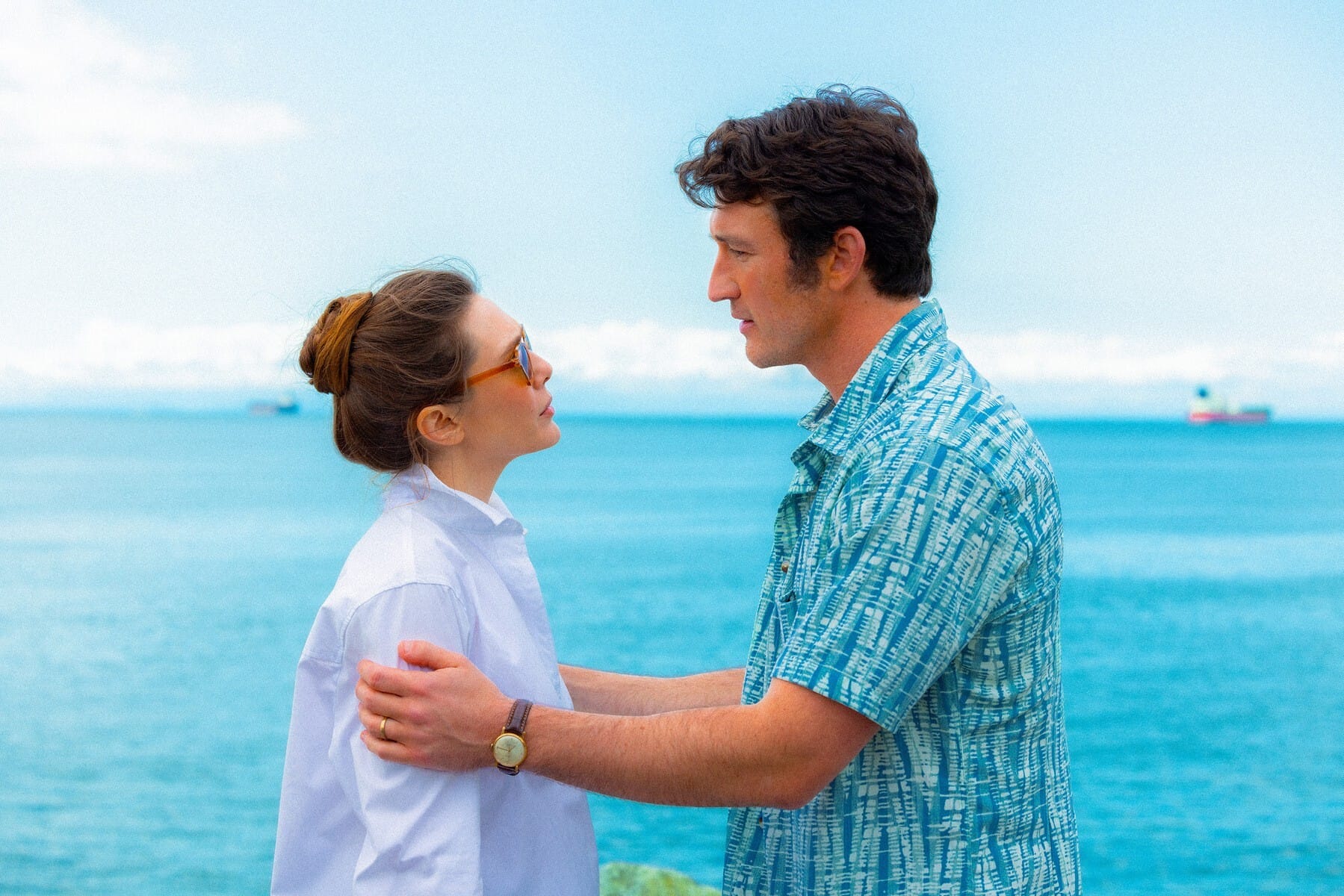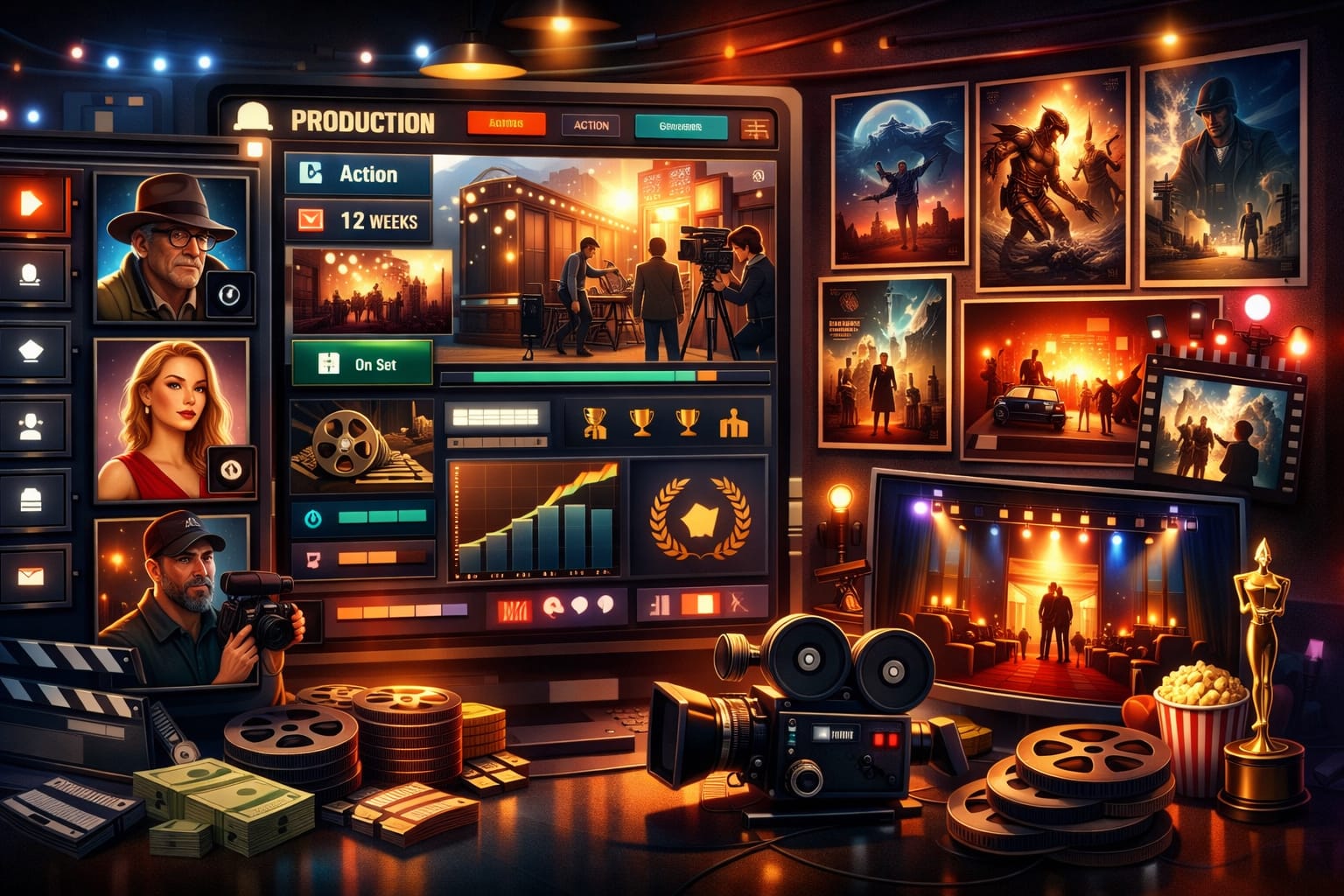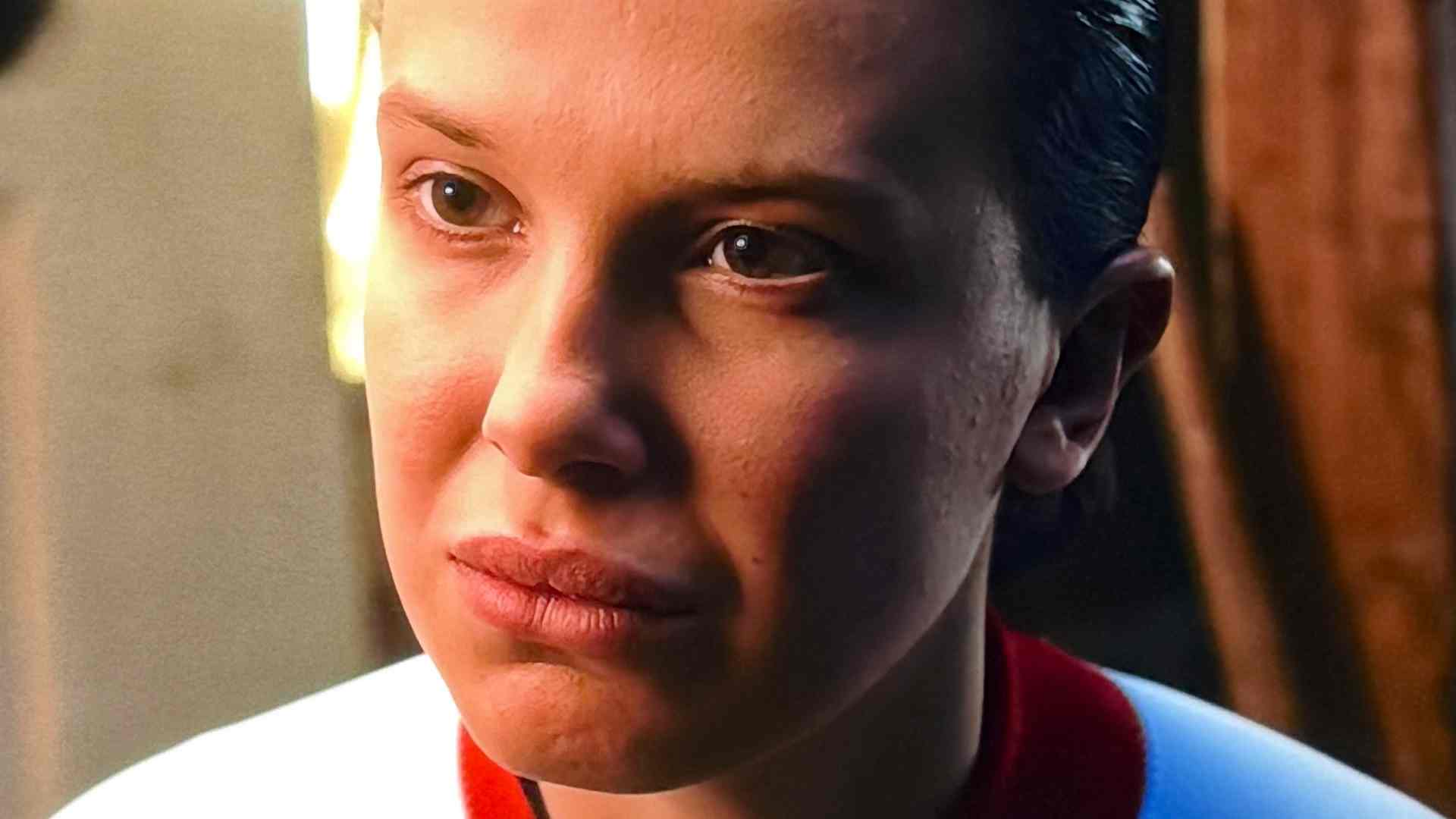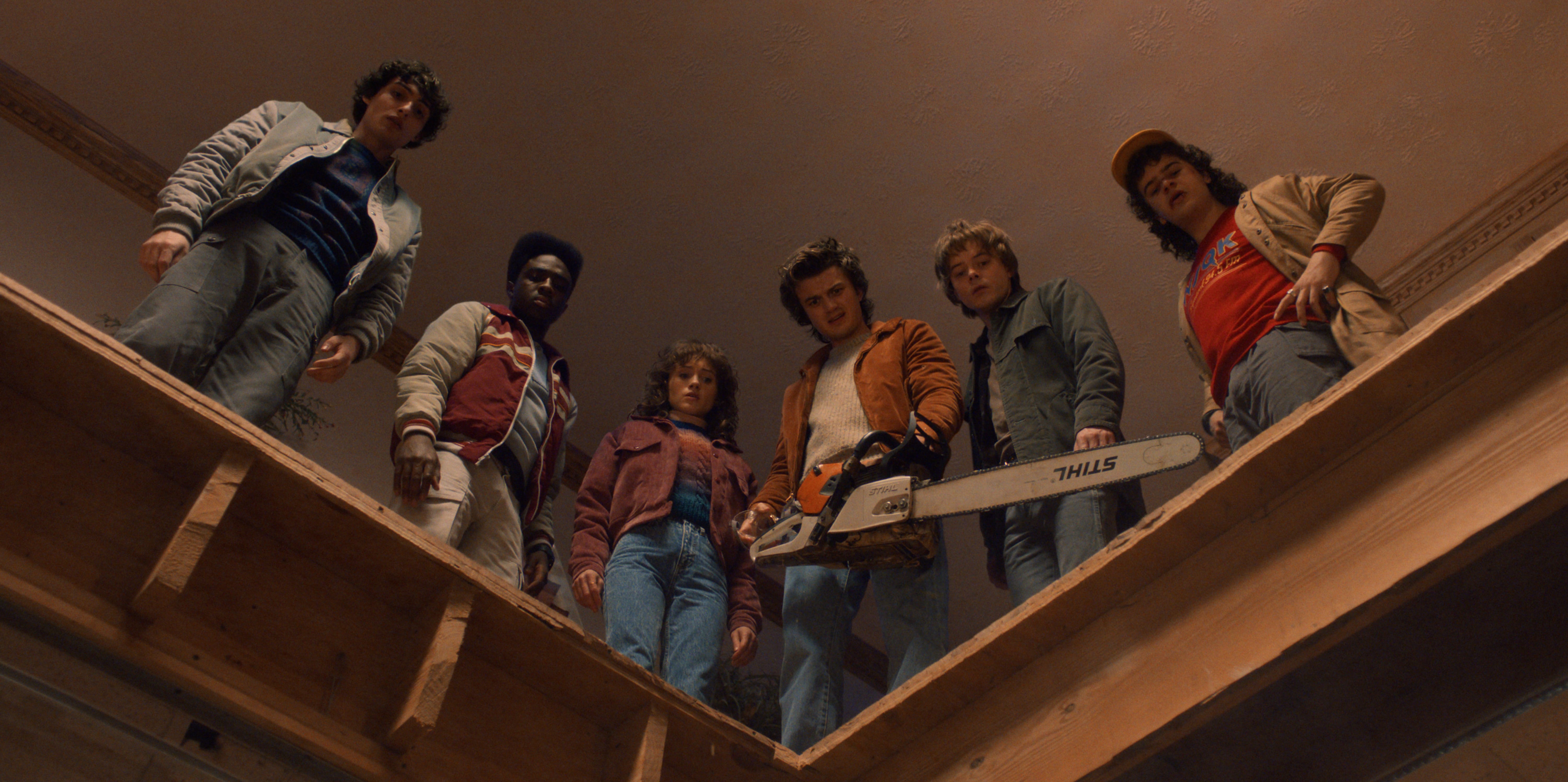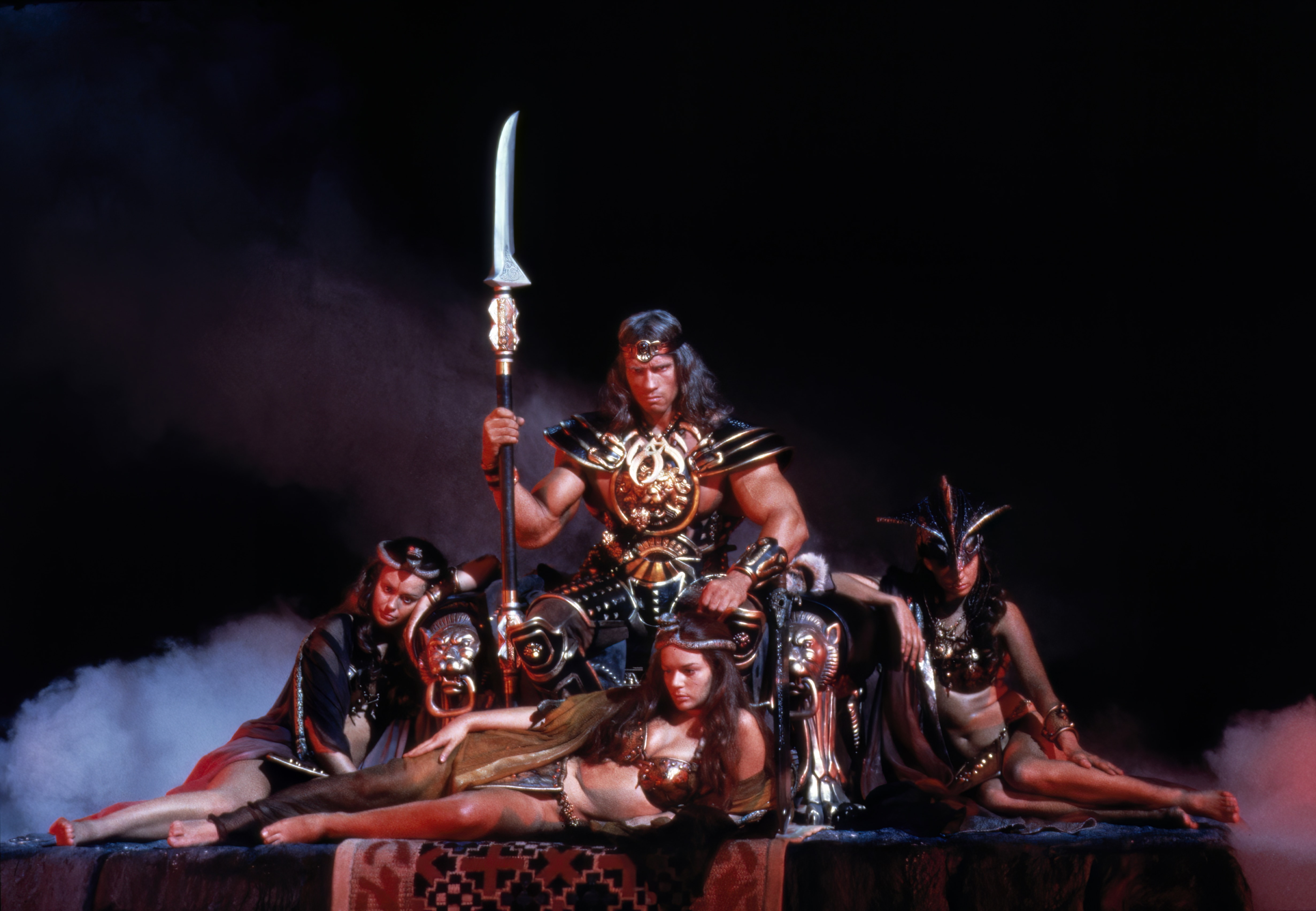
CONAN THE BARBARIAN (1982): A Sword-and-Sorcery Classic That Forged Arnold’s Hollywood Path
Before Conan the Barbarian, Arnold Schwarzenegger was a world-famous bodybuilder but hardly a household name in Hollywood. Sure, he had a few roles under his belt, most notably in Pumping Iron (1977) and Hercules in New York (1970), but he was far from the global action icon he would become. Enter Conan the Barbarian, the sword-and-sorcery epic that transformed Schwarzenegger from a niche athlete into a bona fide movie star. Directed by John Milius and based on Robert E. Howard’s pulp stories, Conan was a visceral, mythic tale of vengeance, survival, and destiny.
This was the movie that introduced audiences to Arnold’s towering screen presence, physicality, and sheer charisma—all the qualities that would later define his career in films like The Terminator (1984), Predator (1987), and Total Recall (1990). It’s not perfect—some parts feel dated, and the pacing drags at times—but as a cinematic spectacle and a showcase for Arnold’s talents, Conan the Barbarian remains a genre-defining classic that solidified the sword-and-sorcery genre in film history.
A Mythic Tale of Vengeance and Survival
The plot of Conan the Barbarian is a timeless one: Conan, a young boy whose family is slaughtered by the evil warlord Thulsa Doom (James Earl Jones), grows up as a slave, honing his strength and skills until he can seek revenge. Along the way, he encounters a colorful cast of allies, including the wisecracking thief Subotai (Gerry Lopez) and the fierce warrior Valeria (Sandahl Bergman), as he embarks on a journey to reclaim his destiny.
The story’s simplicity is one of its strengths. It feels primal, mythic, and larger-than-life, with a heavy dose of brutality and mysticism. Conan’s transformation from an enslaved child to a battle-hardened warrior is the heart of the film, and Arnold’s physicality and presence make that journey feel believable.
But beyond its surface-level tale of revenge, Conan is steeped in philosophy, particularly the Nietzschean concept of “what doesn’t kill you makes you stronger.” This is most evident in Thulsa Doom’s chilling line to Conan: “What is steel compared to the hand that wields it?” These deeper themes elevate the movie from simple sword-and-sorcery fare to something more enduring.
Arnold Schwarzenegger: A Star Is Forged
It’s no exaggeration to say Conan the Barbarian made Arnold Schwarzenegger a star. While his acting was still a bit raw (he wasn’t yet the polished one-liner machine we’d see in Commando or The Running Man), his commanding screen presence was undeniable. Arnold’s bodybuilder physique—arguably his greatest asset at the time—perfectly embodied the hulking, larger-than-life nature of Conan. No one else could have played the role.
This film marked the beginning of Arnold’s reputation as a physical performer who could embody mythical, almost superhuman characters. The way he wielded swords, fought wild animals, and rode horses demonstrated his dedication to the role. Arnold’s silent intensity as Conan is especially effective in a film that doesn’t rely heavily on dialogue—something that would later become a hallmark of his early roles, like the near-mute Terminator in The Terminator.
Interestingly, Schwarzenegger was so committed to the role that he performed many of his own stunts, including swinging swords that weighed up to 10 pounds. The rigorous sword training he underwent for months not only prepared him for Conan, but also helped shape his work ethic for the rest of his career.
Thulsa Doom: A Villain for the Ages
James Earl Jones’s Thulsa Doom is one of the most underrated villains in cinema history. With his hypnotic voice and piercing gaze, Jones makes Doom more than just a typical evil overlord. He’s magnetic, manipulative, and strangely charismatic, embodying the film’s themes of power and control.
The moment where Doom forces a follower to jump to her death simply by commanding her to do so is haunting and perfectly encapsulates his sinister philosophy: true power lies in control, not weapons. Jones’s performance is a masterclass in understated menace, making Thulsa Doom a standout antagonist, even in comparison to Arnold’s rogues’ gallery of villains, like the T-1000 in T2: Judgment Day or the Predator itself.
A Soundtrack for the Ages
One of Conan the Barbarian’s most enduring elements is its score, composed by Basil Poledouris. From the thunderous “Anvil of Crom” to the somber “Orphans of Doom,” Poledouris’s music is epic in every sense of the word. The sweeping orchestral arrangements perfectly capture the film’s sense of grandeur and mythic adventure.
This score is often ranked among the greatest in film history, and it helped solidify the tone of the sword-and-sorcery genre. Even decades later, it remains one of the most memorable aspects of Conan.
Behind-the-Scenes Trivia: The Making of a Classic
The production of Conan the Barbarian is filled with fascinating trivia that showcases just how ambitious (and chaotic) this project was:
John Milius’s Vision: Director John Milius approached Conan as a mythic epic, drawing inspiration from samurai films like Seven Samurai and spaghetti Westerns like The Good, the Bad and the Ugly. His love for action and philosophy permeates the film, giving it a tone unlike any other in the genre.
Arnold’s Training: To prepare for the role, Schwarzenegger underwent grueling sword-fighting and horseback-riding training. He even had to learn how to roll properly when thrown by a horse—a skill that came in handy for one of the film’s wild stunts.
Real Pain, Real Blood: Many of the stunts were done practically and involved real danger. For example, in one scene, Arnold was attacked by actual trained wolves while chained to a rock. In another, he narrowly avoided injury when a large wheel of pain he was pushing fell apart mid-shoot.
The Swordsmith: The massive swords used in the film were real, custom-forged by Jody Samson, a legendary blacksmith who worked on several iconic Hollywood props. Each sword weighed between 8 and 10 pounds, adding authenticity (and difficulty) to the fight sequences.
Critics Initially Dismissed It: Upon release, Conan received mixed reviews. Critics accused it of being overly violent and simplistic, but over time, it gained a reputation as a cult classic.
Conan’s Legacy and Impact on Arnold’s Career
Conan the Barbarian wasn’t just the start of Arnold’s Hollywood stardom—it laid the foundation for the larger-than-life characters he would go on to play. The physicality, charisma, and silent intensity he demonstrated as Conan were traits he brought to roles like the T-800 in The Terminator and Dutch in Predator.
The success of Conan also helped popularize the sword-and-sorcery genre in the 1980s, paving the way for films like The Beastmaster (1982) and Red Sonja (1985), the latter of which featured Arnold in a supporting role.
But perhaps the greatest legacy of Conan is how it introduced audiences to Arnold’s undeniable star power. Without Conan, there might never have been a Terminator, and the action genre as we know it might look very different.
Final Thoughts: A Mythic Adventure That Stands the Test of Time
While Conan the Barbarian may not have the polished storytelling of The Terminator or the emotional depth of Terminator 2, it’s a film that captures the raw power and spectacle of mythic storytelling. Arnold Schwarzenegger’s breakout performance, John Milius’s ambitious direction, and Basil Poledouris’s epic score come together to create a movie that feels timeless and larger-than-life.
For fans of Schwarzenegger, Conan is a must-watch—a film that showcases the birth of a star while delivering a bloody, brutal, and unforgettable cinematic experience. As Thulsa Doom might say, “What is steel compared to the hand that wields it?” In Conan the Barbarian, Arnold proved he could wield both with undeniable strength.

 By Jakob Montrasio
By Jakob Montrasio 